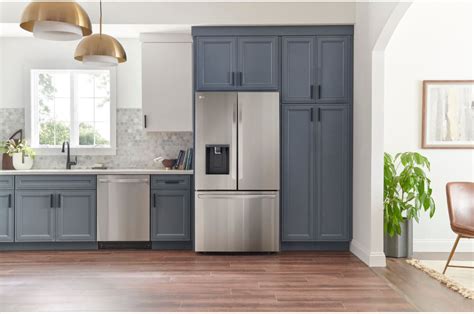Save Money: Smart French Door Choices
French doors offer a stylish and elegant way to enhance your home's aesthetic appeal, but they can also significantly impact your energy bills. Choosing the right French doors can lead to substantial savings over time, while the wrong choice might cost you more than anticipated. This comprehensive guide explores how to make smart French door choices that will save you money, considering factors beyond just the initial purchase price.
What Factors Influence the Cost of French Doors?
The price of French doors isn't just about the material; several factors contribute to the overall cost, directly impacting your long-term savings:
1. Material:
- Solid Wood: Offers superior insulation and durability but comes with a higher price tag. The type of wood also matters—hardwoods like mahogany are more expensive than softer woods like pine.
- Fiberglass: A cost-effective alternative to wood, offering excellent energy efficiency and low maintenance.
- Vinyl: The most budget-friendly option, relatively easy to maintain, but may not offer the same aesthetic appeal or insulation as wood or fiberglass.
- Composite: Blends the best of wood and other materials, offering durability, energy efficiency, and aesthetic versatility at a mid-range price point.
2. Size and Number of Doors:
Larger doors and multiple sets naturally increase the cost. Consider the necessary size for your space to avoid unnecessary expenses.
3. Glass Type:
The type of glass significantly impacts energy efficiency and cost.
- Double- or Triple-Pane Glass: Offers superior insulation compared to single-pane glass, reducing energy loss and leading to lower heating and cooling bills. Consider low-E coatings which reflect heat, further improving energy efficiency.
- Gas Fill: Argon or krypton gas filling the space between panes significantly improves insulation.
4. Hardware and Features:
Elaborate hardware, custom finishes, and features like integrated blinds or grilles increase the cost. Prioritize features that add genuine value to your home and energy savings, rather than purely aesthetic upgrades.
How to Save Money on French Doors:
1. Shop Around and Compare Prices:
Don't settle for the first quote you receive. Compare prices from multiple reputable suppliers and installers. Online retailers can often offer competitive pricing.
2. Consider Energy Efficiency Ratings:
Look for doors with high energy efficiency ratings (U-factor and Solar Heat Gain Coefficient – SHGC). Lower U-factors indicate better insulation, while lower SHGC values mean less solar heat gain in summer. These ratings directly translate to lower energy bills.
3. Explore Financing Options:
Some retailers and installers offer financing plans that can make the initial investment more manageable.
4. DIY Installation (if feasible):
Installing French doors yourself can save on labor costs, but only if you have the necessary skills and experience. Otherwise, the cost of potential mistakes could far outweigh the savings.
5. Consider Energy-Efficient Upgrades:
While choosing energy-efficient doors is crucial, consider additional upgrades like weatherstripping and caulking to maximize energy savings. These minor investments can make a significant difference in reducing drafts and air leaks around the doors.
What are the long-term benefits of choosing energy-efficient French doors?
The initial investment in energy-efficient French doors pays off handsomely over time. Reduced heating and cooling costs can significantly lower your monthly energy bills, saving you money year after year. Furthermore, energy-efficient doors contribute to a smaller carbon footprint, making them a responsible choice for both your wallet and the environment.
Frequently Asked Questions:
What is the average cost of French doors?
The cost varies drastically based on factors mentioned above. Expect to pay anywhere from a few hundred dollars for basic vinyl doors to several thousand dollars for high-end solid wood doors with advanced features.
How can I improve the insulation of my existing French doors?
Adding weatherstripping, caulking, and interior storm doors can significantly improve the insulation of existing French doors. Replacing the glass with double- or triple-pane units is another effective upgrade.
Are French doors worth the investment?
French doors can be a worthwhile investment if chosen wisely. The increased natural light, enhanced aesthetic appeal, and potential for significant energy savings can far outweigh the initial cost, particularly in the long run. However, ensure you weigh the cost against your budget and long-term energy savings potential.
How do I choose the right size French doors for my opening?
Accurate measurements are crucial. Measure the rough opening carefully, considering factors such as the door frame and any necessary adjustments. Consult with a professional installer if you're unsure.
By carefully considering these factors and following the tips provided, you can make informed decisions that will not only enhance your home's beauty but also significantly save you money in the long run. Remember, investing in high-quality, energy-efficient French doors is an investment in your home's value and your financial future.

